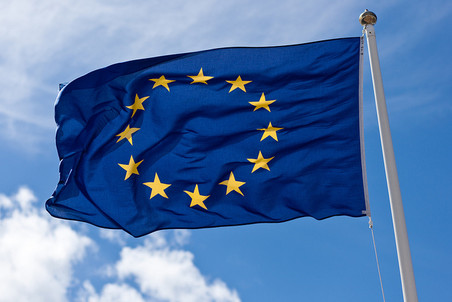EU plans to expand the black list of offshore jurisdictions
 The EU members decided to add ten more states and territories to the draft of the new “black list” of offshore companies. Such a decision is based on the fact that these countries “do not take the necessary measures to combat tax crimes”.
The EU members decided to add ten more states and territories to the draft of the new “black list” of offshore companies. Such a decision is based on the fact that these countries “do not take the necessary measures to combat tax crimes”.
The new list suggests that states and territories may be removed from the black list of offshore companies, if they undertake to carry out reforms and change the rules conducive to tax evasion. Then these territories go to the EU “gray list”.
Now the “black list” includes five jurisdictions such as American Samoa, Guam, Samoa, Trinidad and Tobago, as well as the US Virgin Islands. If representatives of the European Union agree on the expansion (this can happen on Tuesday, March 12), the list can grow threefold.
According to media reports, countries such as Oman, a number of islands in the Pacific and the Caribbean are proposing to add to the “black list”. Also among the discussed states the United Arab Emirates (UAE) and Bermuda were mentioned, as well as Saudi Arabia and Panama due to the “insufficient number of measures taken to combat against money laundering and terrorism”.
Euro zone standards have pledged to over 60 jurisdictions worldwide. Most of them revised the rules of conducting financial activity in February. According to this principle, the “black list” left the island state of Palau. And some, like Bermuda and the United Arab Emirates, did not meet the deadline, so now the European Union assesses their actions as “with high financial risk”.
At the same time, among the 28 EU member states there are those who have not passed the test, and their actions by countries can be regarded as attempts to become a tax haven. Earlier, the European Parliament's Committee for Investigation of Financial Crimes stated that Luxembourg, Belgium, Cyprus, Hungary, Ireland, Malta and the Netherlands "show the features of a tax haven and contribute to aggressive tax planning."





























































